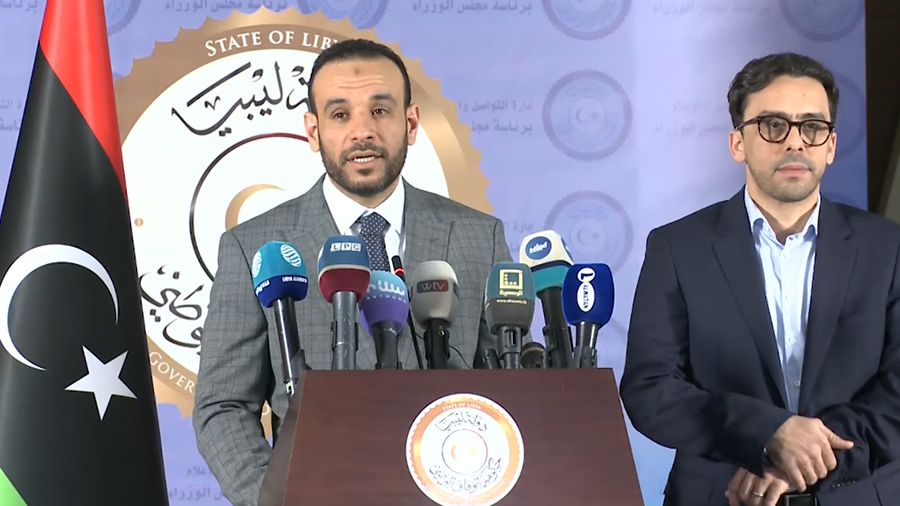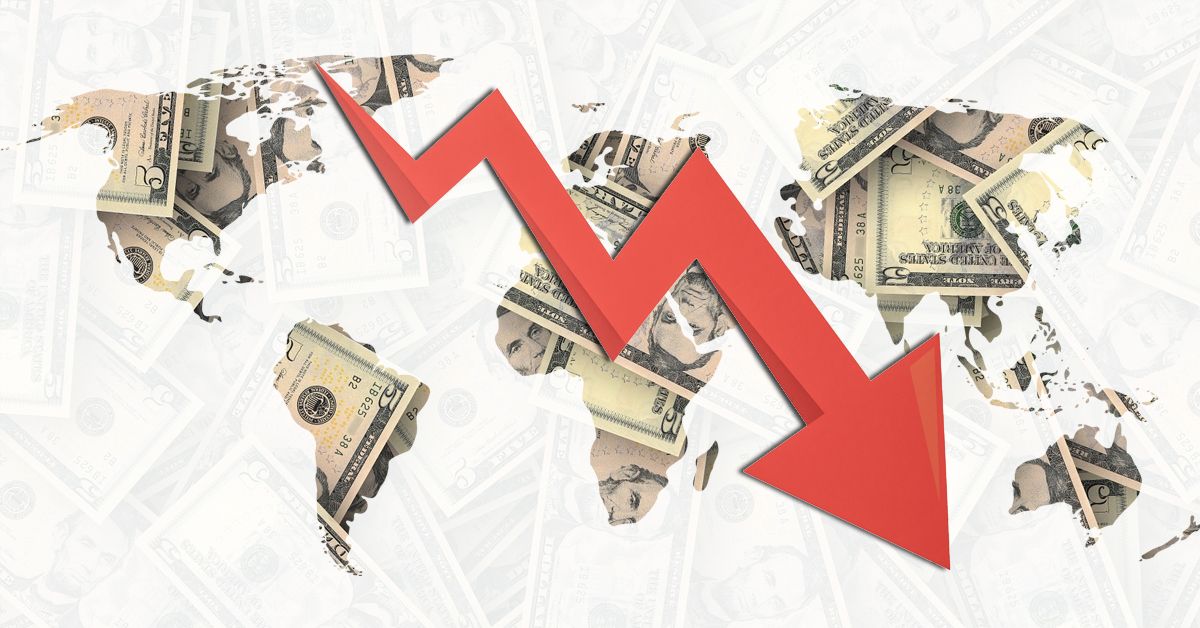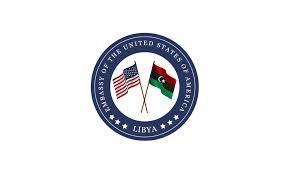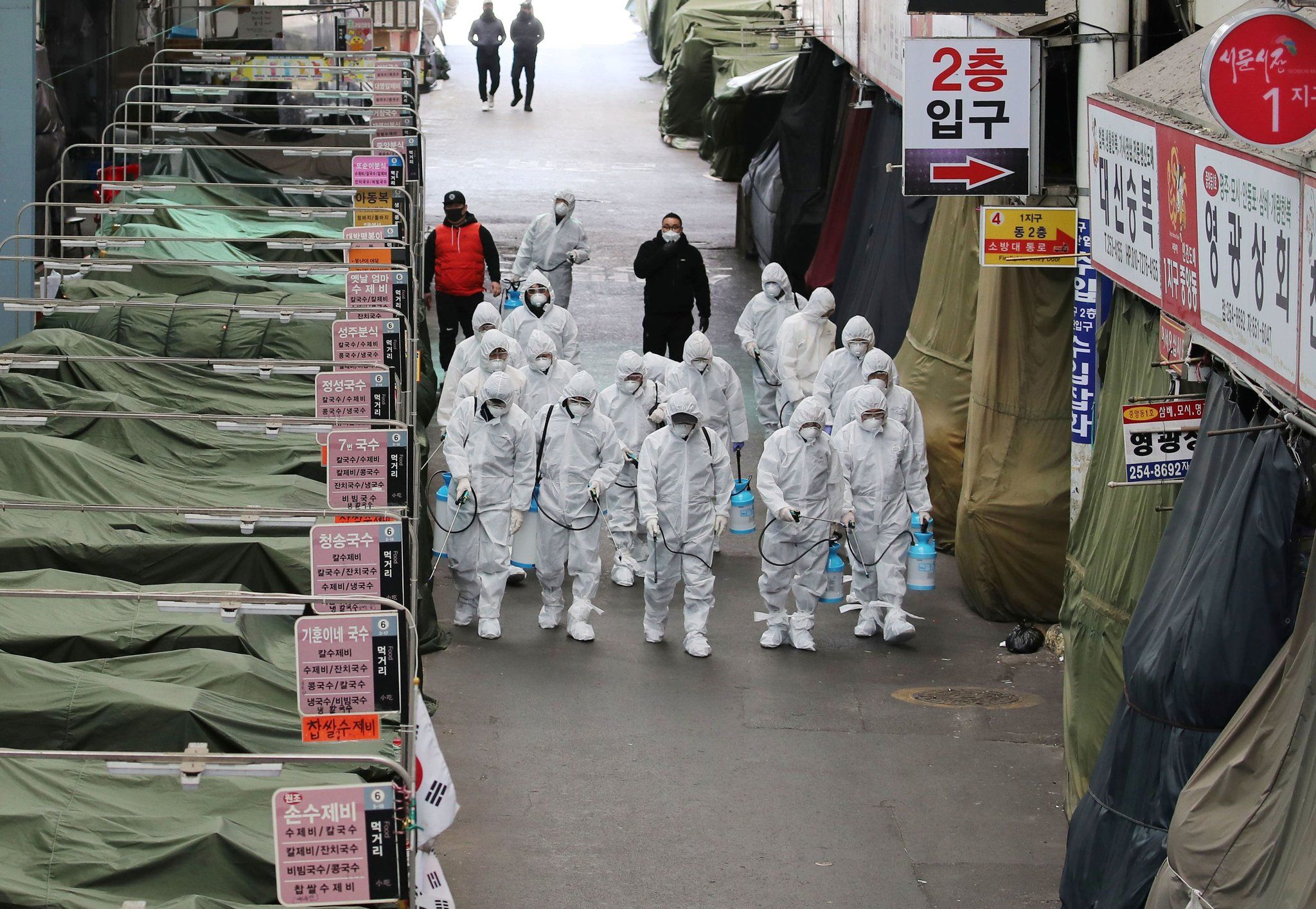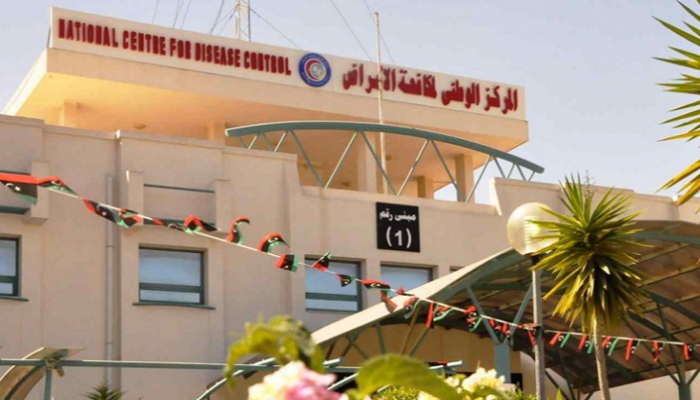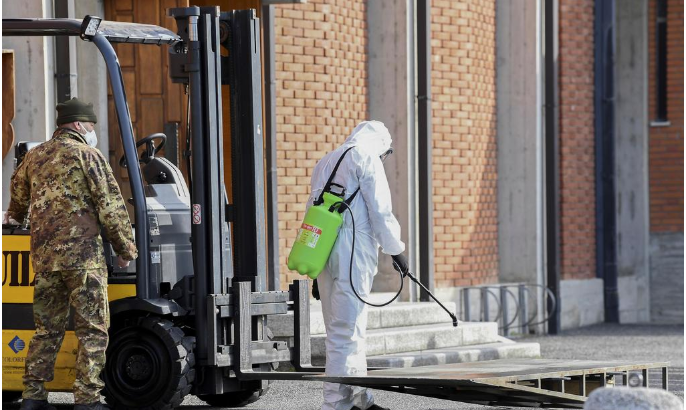The U.S. House of Representatives approved a $2.2 trillion aid to help cope with the economic downturn inflicted by the intensifying coronavirus pandemic, and President Donald Trump quickly signed it into law.
More than 551,800 people have been infected globally and nearly 24,900 have died.
EUROPE
Italy recorded about 1000 deaths from coronavirus, the highest daily toll anywhere in the world, while the number of confirmed cases eclipsed the total in China.
The number of confirmed cases in Germany has risen to 48,582 and 325 people have died of the disease, statistics from the Robert Koch Institute for infectious diseases showed on Saturday.
The British Prime Minister Boris Johnson and his health minister tested positive for the coronavirus and said they were self-isolating.
Latest data from Spain’s health ministry show the death toll stabilizing.
French health authorities reported 299 new deaths from coronavirus on Thursday, taking the total to 1,995.
As far as Switzerland is concerned, its government has allowed regional authorities to shut down or restrict economic sectors temporarily if needed.
AMERICAS
Confirmed coronavirus cases in the United States reached 100,040 yesterday, the highest number in the world,
New York plans to build eight temporary hospitals to meet an expected surge in coronavirus patients.
ASIA AND THE PACIFIC
China’s authorities plan stronger steps to revive the economy, as the nation on Saturday reported no new locally transmitted infections for the previous day.
Chinese President Xi Jinping told Trump on Friday that he would have China’s support in fighting the coronavirus.
Tokyo has confirmed more than 50 new coronavirus infections, a record daily increase, public broadcaster NHK reported on Saturday as the governor of Japan’s capital urged citizens to stay indoors.
Australia stepped up enforcement of social distancing rules on Saturday, implementing fines, closing beaches and threatening stricter measures if people defy pleas to stay at home.
MIDDLE EAST AND AFRICA
Turkey halted all intercity trains and limited domestic flights on Saturday, as the number of coronavirus cases jumped by a third in a day to 5,698, with 92 dead.
Iraqi doctors say the country may be singularly unprepared for the coronavirus, with the number of cases at 450 and deaths at 40.
Iran started an intercity travel ban, as its death toll rose to 2,378 on Friday.







